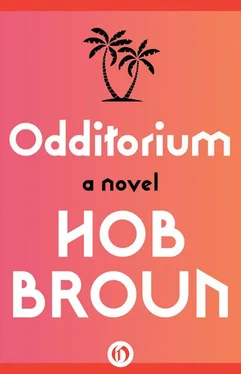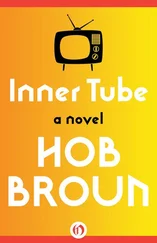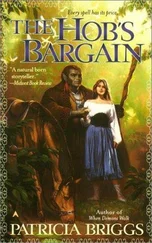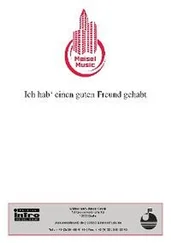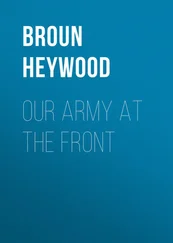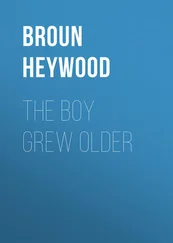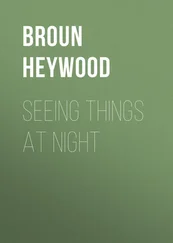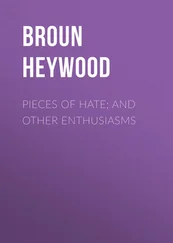Christo chose a doctor’s name at random from the telephone listings, checking the address to determine which banks were in the neighborhood. He called the office and, posing as a patient, told the receptionist he’d just received a check for overpayment from the doctor and wanted to make sure it was correct. They had a very cheerful conversation. The receptionist was an effusive woman. Her father was the mayor of a town in Nebraska, but the stench of the feedlot had been too much for her; she was studying the guitar at night. Christo found out where the doctor banked.
He got a haircut, put on a Milbank topcoat, went to the bank and filled out a credit card application, using the doctor’s name and estimating his income. These things were tiresomely mechanized, he understood, but would it be possible to pick up the card within twenty-four hours? He was leaving the following night for Bonn to attend an international symposium on childhood leukemia. Symposium in Bonn, the clerk repeated gratefully — it was the most unusual thing he’d heard all week. He promised to expedite matters.
Christo collected the card during the next day’s lunchtime crush. Four hours later he was back on the road again.
He spent three days at a sedate hotel in Annapolis, stuffing himself with oysters and crabs from the Chesapeake Bay. In the bar one evening he became friendly with the parents of a first-year student at the naval academy; they’d come all the way from Hartford for a weekend visit. The boy was having trouble making the adjustment. His childhood stammer had returned. Christo was invited upstairs for a nightcap. Mom kicked off her heels and turned on the color teevee. Dad put on his lounging robe. Christo checked out of the hotel a bit later with Dad’s Rolex and two hundred in cash from Mom’s alligator bag.
Smooth as cream, nothing noticed until Dad awoke and fumbled around the nightstand for his watch. By the time he sat down tight-lipped and meek to be interviewed by the police, Christo was having a liquid breakfast in a place called the Clown Town Bar with an old hound from the Racing Form who’d just finished clocking morning workouts at the Shenandoah Downs racetrack across the street.
The clocker’s name was Sanifer and he got pretty intimate after six apricot brandies. Friends? No such animal in this game, and he’d seen all there was to see since the tender age of nine when he held his first shank. But anyone who’d pick up the bar tab, a young desperado who could obviously use a boost in unfamiliar territory (here he grabbed Christo behind the neck and pinched) — with him, Bill Sanifer would share a good thing in the fifth.
“They been pulling this horse so hard he can barely straighten his neck out…. Just look here at his lines.” Sanifer spread the Form out. “Dead last against these dogmeat claimers at Latonia. Same thing here at forty to one. And here’s his last out, see where he breaks on top before the jock can get a wrap on him, then backs up to get beat thirty-six lengths. Yeah, they set this one up perfect and today they turn him loose. Go get cash for your car, kid, and bring it back here for the fifth. He’ll run away and hide today.”
Christo couldn’t move his rental car, but sold the Rolex to a leather-suited man in the clubhouse who’d just hit the daily double. Mister Tuffy opened at 60-1 and plummeted to 18-1 within a few minutes. Great. Real shrewd to dump the money in right away. Soon every pinhead on the grounds could smell the feast and they ran right to it, shoving each other to get at the windows. Mister Tuffy closed out at 9–2.
The speedball that figured broke on the lead and ran clear for the first half mile with Tuffy laboring well back. He made a move on the inside, got boxed on the turn, swung wide as they came down the stretch, and finished an even fourth, the jockey doing everything with the whip but shove it up his ass. The kid looked terrified when he came back to the scales to weigh out. Someone had to take the blame; they’d probably take him behind the stable, grab both his legs and break him like a wishbone.
Christo found a crap game in the parking lot, got rid of his last remnants of cash. He felt fine and unencumbered as he drove north toward Pittsburgh. Who needed money when you had plastic? But he slept poorly that night, his dreams full of menace, the painfully frequent spells of wakefulness laden with reminders of his hashish fiasco, Tomas Ulrich’s empty face floating like a joke balloon in the blackness of his motel room.
He dressed while it was still dark, drove more than a hundred angry miles and purposely ran out of gas. He let the air out of all four tires and started walking.
“I’ve been in again, man. Twice. Things have been rough.”
“It’s not easy to break away from those old tendencies, Milo. I know all about it.”
“I’m trying to get on disability now, but they keep putting me off.”
“So life is a shit sandwich and every day we take another bite, what else is new. But we’ll sit around and talk and we’ll both feel better, I guarantee.”
“Listen, Jim, this is a real small place. I mean I’d love for you to stay and all …”
“I’ll take care of everything, Milo, you’re not listening. What’s your shirt size?”
“I wear a sixteen collar.”
“Sixteen collar, right. And how about that waist measurement?”
Christo left his duffel bag in the telephone booth. He bought three hundred dollars worth of clothes on the plastic at a ritzy men’s store, and then panhandled carfare.
Milo, in his upper thirties now, had been a college student all of his adult life. He’d been working on a master’s thesis in Slavic languages when he and Christo had roomed together at the Greene County Hospital. Milo had theosophical hallucinations. Saintly voices addressed him from his kitchen faucet. He denounced his faculty advisor as a sulfurous agent of Moloch, a devourer of children. In the spring of 1975, God sat down next to Milo in the balcony of a suburban movie house. He wore a crackling silver cape, His breath smelled like lily of the valley, and He said, “Much too late, Milo. I’ve given up on you.” A few hours later a woman called the police to say that there was a man outside howling and bashing his head on a mailbox. The doctors at Greene County would not allow Milo to read the Bible.
The apartment was small and shabby as promised. Everywhere there were votive candles.
“Really, I’m much better about that spiritual stuff,” Milo said. “I just can’t afford the utilities.”
He was much heavier than he’d been on the ward, but it was the pale, suety look that tokened inactivity rather than improved conditions. With tiny movements in his eyes, he behaved like a dog waiting for its master to discover the turds on the carpet, cried a little when Christo opened boxes and peeled back the tissue paper.
“Things really have been awfully rough,” Milo croaked, sliding his fingers over a sea-green turtleneck.
Christo put his arm lightly around him. “And they probably won’t be getting better anytime soon. But like you always told us hardheads, if you can’t get used to suffering you’ll die before your time.”
As a young man, Milo had planned to enter the seminary. He imagined eventually joining a monastic order situated in some remote locale, perhaps a Greek island, where he would spend quiet days meditating in the garden, illuminating manuscripts or polishing censers. He would live a peaceful, seamless life and acquire wisdom naturally, like white hairs. But Milo never went to the seminary and, speaking of this period now, was unable to cite any reason for his inertia.
“I don’t even remember what happened. But I believe that this sense of noncompletion has been making me crazy ever since.”
Читать дальше
